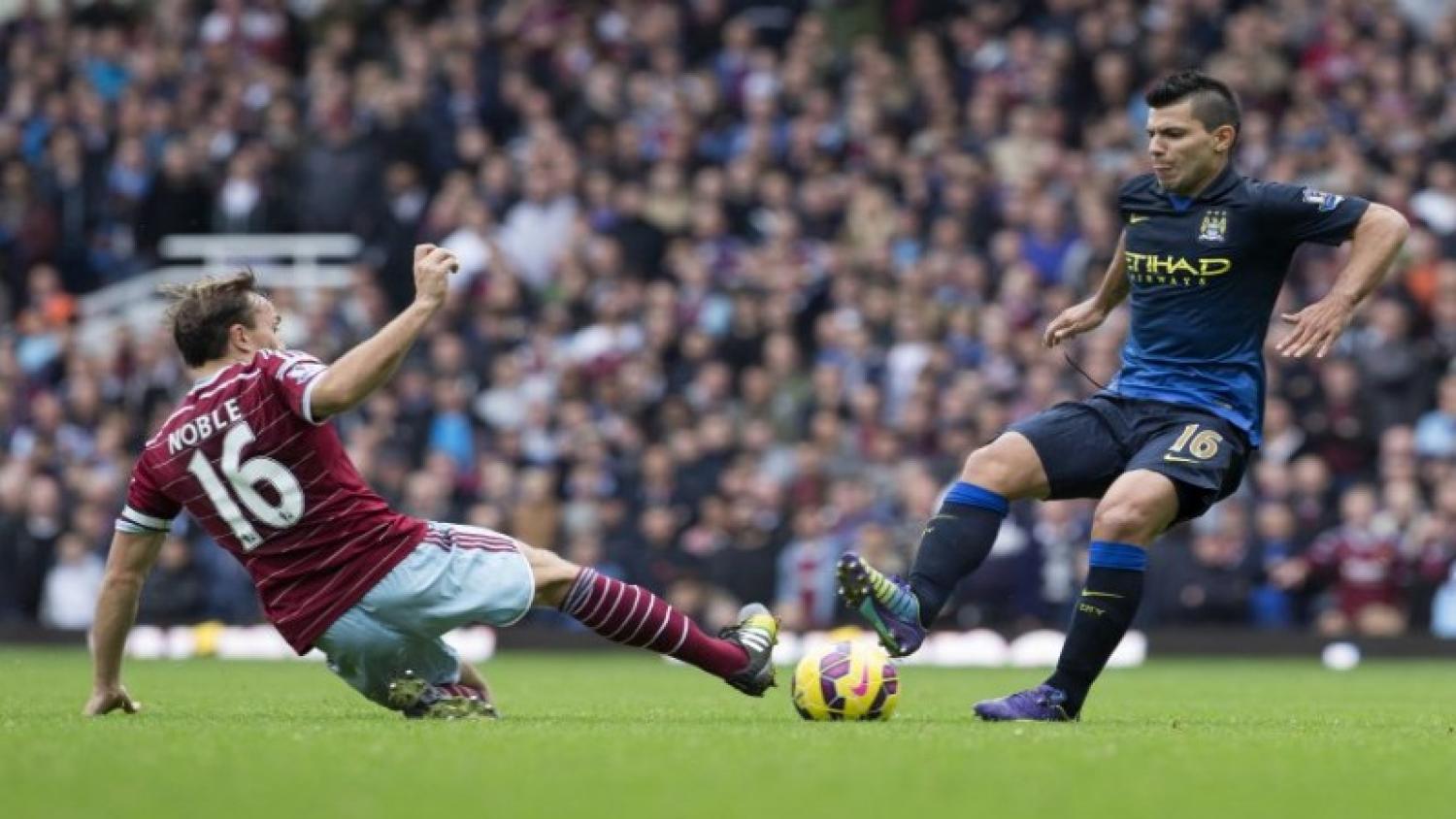If you’re one of the million or so people who tune into NBC Sports early each weekend to catch the latest Premier League action, you really don’t know how good you have it. Not only do you get to watch infinitely more live EPL football than is available on British television, you’re also blessed with the dulcet tones of some of English football’s most faded stars: the voices of Graeme Le Saux, David Pleat, Robbie Earle and, if you’re especially lucky, Trevor Francis haven’t been heard on UK TV sets since Tony Blair was a President’s Poodle.
But there are issues with using washed-up British ex-pros to commentate - sorry, announce - here in the US. Britain and America are, after all, two nations divided by a common language: just this morning your intrepid reporter asked for a glass of tap water in a suburban Chicago Starbucks and was handed two-dozen paper towels (though, in my defence, the barista looked decidedly stoned). Presenting an American audience with the lexicographical peculiarities of Pleat, Francis et al without subtitles is, therefore, downright irresponsible.
If you had trouble reading that last sentence, you probably need this list. So, The18 has compiled a handy guide of football idioms common to the game in general and British commentators in particular. Don’t turn on your television sets without it.
“Agricultural Challenge”: An especially robust and usually illegal tackle that will often see the opponent’s legs scythed from underneath them, but may also include other body parts as deemed necessary. Lacking the finesse and judgement of its more urbane cousin, the “well-timed tackle”, past masters include Roy Keane and Ben Thatcher.
“Brace”: Not a medical instrument required following an Agricultural Challenge, but the term used whenever a player scores two goals in a single game.
“Caps”: Awarded to a player each time he represents his country in an international fixture. “David Beckham has 115 caps” means he has played for England 115 times, not that he has a vast and glittering array of fedoras, though we dare the two aren’t mutually exclusive in his case.
“Nutmeg”: Humiliating your opponent by tapping the ball through their open legs, as expertly demonstrated here by Juan Mata.
“50:50 Tackle”: A challenge in which two players commit to hitting each other as hard as possible. A ball is only vaguely involved in the equation.
“False Nine”: When a team plays without a recognised striker, or a striker who drops deeper than the advanced position typically taken up. Used very effectively by both Barcelona and Spain to batter the holy shit out of world football for the best part of six years. Only works if you have genuinely talented attacking midfielders to exploit the space created.
"Sitter": An opportunity to score so breathtakingly straightforward that it's actually harder to miss, though typically only used when said opportunity is squandered, as with the below:
“Hospital Ball”: An ill-judged pass that invariably leads to the aforementioned Agricultural Challenge or 50:50 Tackle. Said pass will typically be under-hit, leaving the recipient in the firing line for a traction-inducing crunch.
“Sweeper”: Not to be confused with the Caretaker Manager, the Sweeper is a defensive position, sitting just behind a back four. The sweeper's role is to tidy up any attack which breaks through the defensive line, but with the freedom to step into midfield and start attacks. Especially popular in the 1960s, 70s and 80s, the position is now largely defunct. Goalkeepers, most notably Manuel Neuer, have since evolved into modern-day sweepers, with often comical effect.
“Schoolboy Defending”: A display of defensive ineptitude more commonly seen on a kindergarten’s playing fields thatn a professional pitch. See: FC, Arsenal.
"More Curves Than Jessica Rabbit… On Steroids”: Sorry, no idea. Ask Ray Hudson.

 Home
Home
